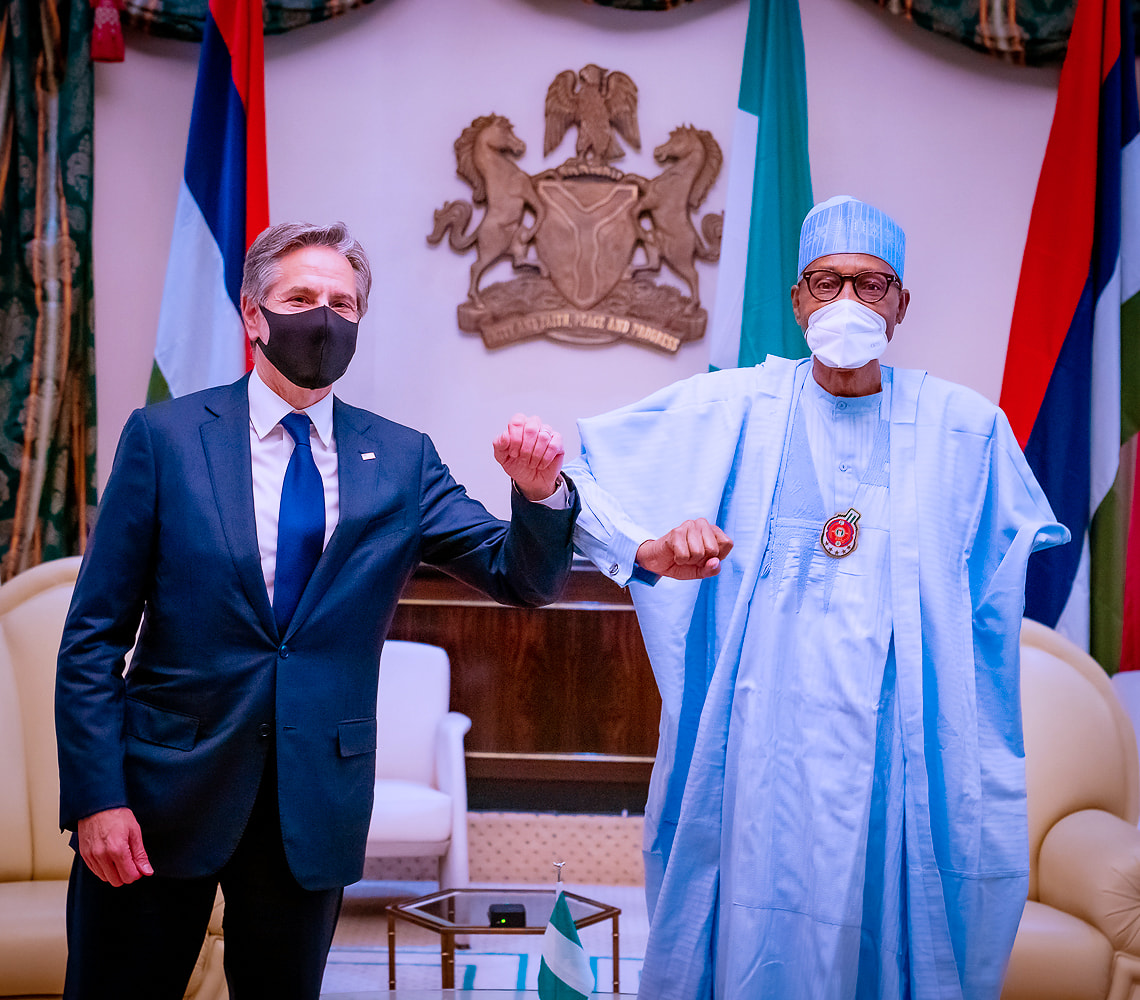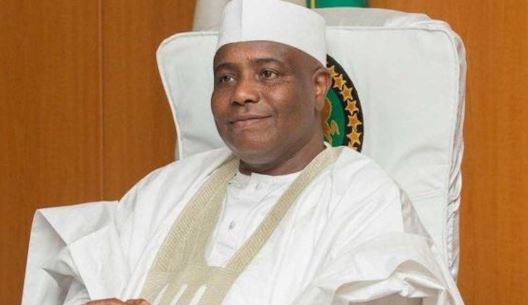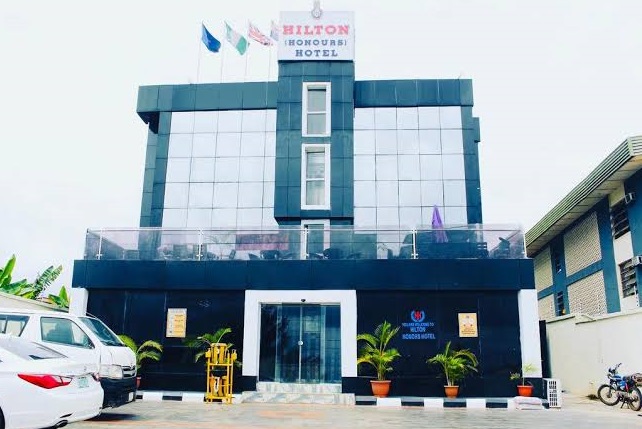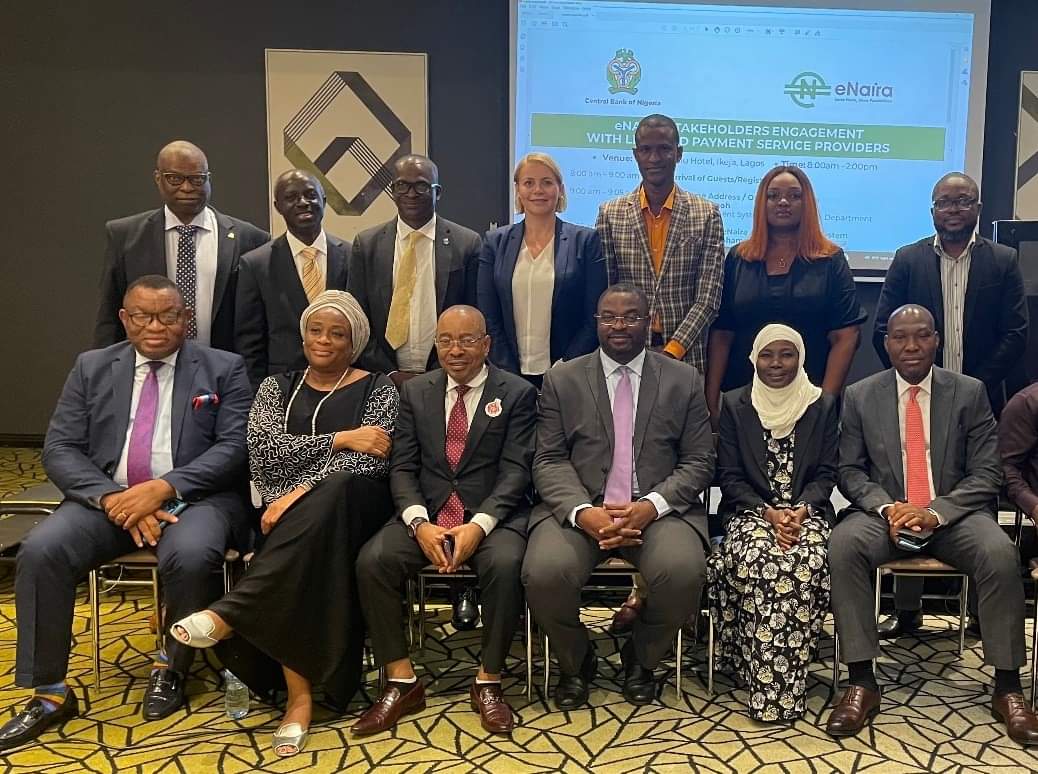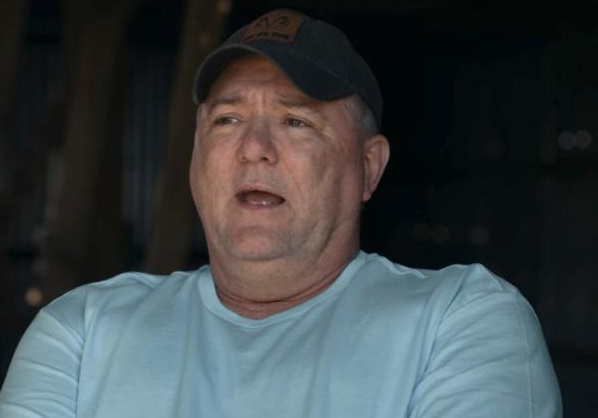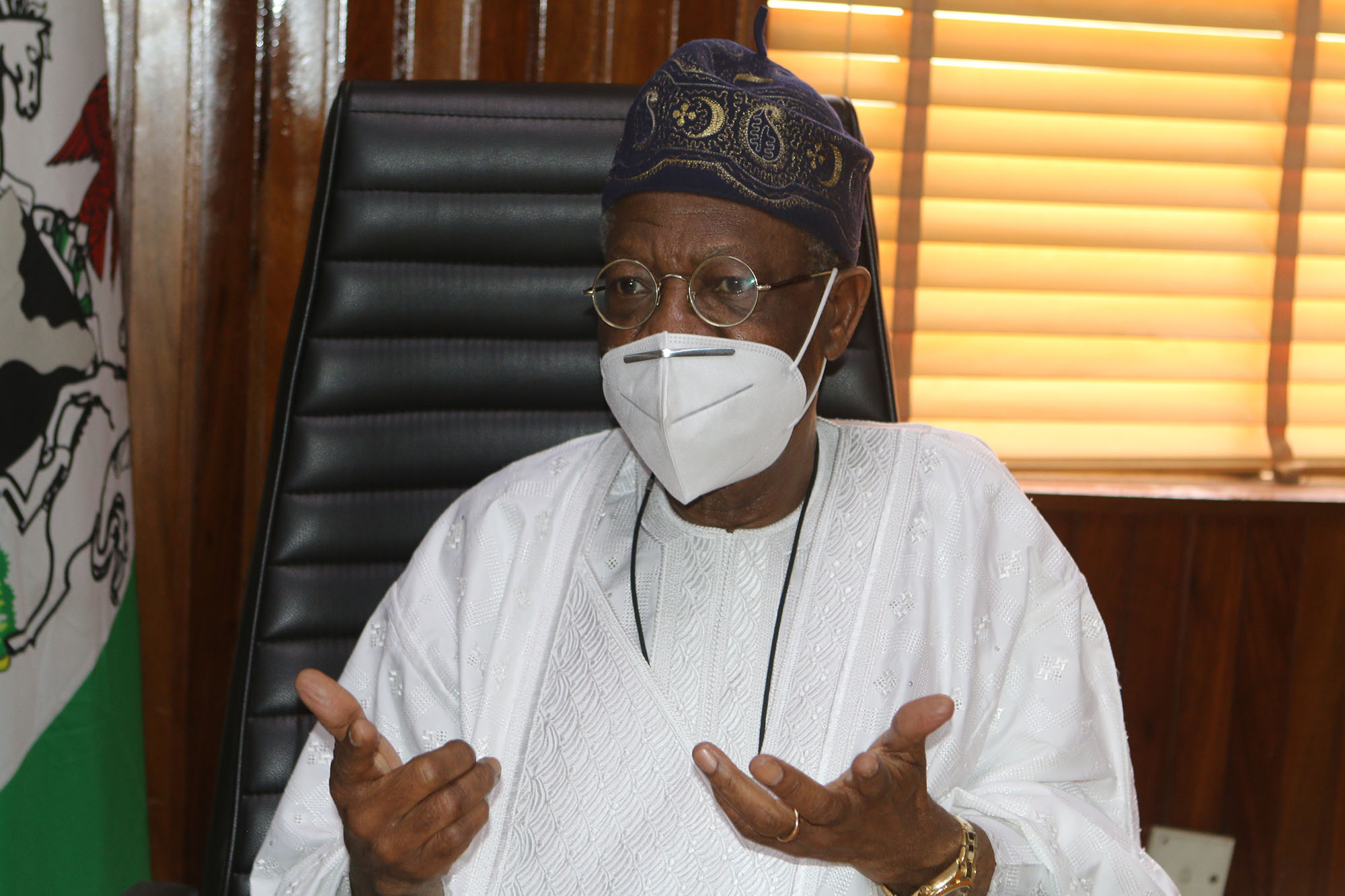The United States Commission on International Religious Freedom (USCIRF) has recommended that Nigeria be designated a Country of Particular Concern (CPC) — a designation for countries “guilty” of particularly severe violations of religious freedom under the International Religious Freedom Act (IRFA) of 1998 — every year since 2009. This is based on USCIRF’s conclusion that “the Nigerian government tolerates violence and discrimination on the basis of religion or belief”.
“As sectarian violence between predominantly Muslim herders and Christian farmers increased, the Nigerian government has failed to implement effective strategies to prevent or stop such violence or to hold perpetrators accountable,” USCIRF said.
In 2011 when President Goodluck Jonathan was in power USCIRF recommended that Nigeria be designated a CPC.
Then in 2013, USCIRF restated its recommendation that Nigeria be labelled a CPC, saying Jonathan failed to hold accountable perpetrators of religiously-related violence.
Advertisement
“The Nigerian government’s failure to prosecute perpetrators of religiously-related violence only encourages reprisals and intensifies local tensions and mistrust. Boko Haram uses this impunity as a recruitment tool and to justify its attacks on Christians,” USCIR chair, Katrina Lantos Swett, said at the time.
In December 2019, the US placed Nigeria on its Special Watch-List (SWL) for governments that have engaged in or tolerated severe violations of religious freedom.
The blacklisting did not come until December 2020, when the US finally designated Nigeria a CPC under President Muhammadu Buhari after a spate of killings in the north.
Advertisement
Mike Pompeo, former US Secretary of State who announced the measure, did not state the particular infraction(s) that warranted Nigeria’s designation as a CPC but said: “no country or entity should be allowed to persecute people with impunity because of their beliefs”.
DIFFERENCE BETWEEN CPC, SWL
CPCs are defined as countries whose governments either engage in or tolerate “particularly severe violations” of religious freedom during the reporting year. Particularly severe violations of religious freedom are defined as “systematic, ongoing, egregious violations of the internationally recognized right to freedom of religion”, such as torture or degrading treatment or punishment. USCIRF’s annual reports identify countries that it concludes meets the CPC standard and recommend that the State Department designate these countries as such.
On the other hand, the SWL applies to countries that do not meet all of the CPC criteria but nonetheless have “engaged in or tolerated severe violations of religious freedom” during the reporting year.
Advertisement
This implies that the SWL is a less implicating designation than the CPC.
WHY AND HOW DOES A COUNTRY GET DESIGNATED?
The US Department of State said a country is designated of particular concern when it “engaged in or tolerated particularly severe violations of religious freedom”.
The IRFA defines particularly severe violations of religious freedom as ”systematic, ongoing, egregious violations of religious freedom, including violations such as torture, degrading treatment or punishment, prolonged detention without charges, abduction or clandestine detention, or other flagrant denial of the right to life, liberty, or the security of persons”.
Advertisement
It explained that such designation could attract economic measures against enlisted countries and that congress is first notified when a country is blacklisted as a result of violations of religious freedom.
“And where non-economic policy options designed to bring about cessation of the particularly severe violations of religious freedom have reasonably been exhausted, an economic measure generally must be imposed,” it said.
Advertisement
The US issued a waiver on taking any action against Nigeria when it was designated “as required in the ‘important national interest of the United States,’ pursuant to section 407 of the Act”.
WHAT DOES IT TAKE TO BE DELISTED?
Advertisement
In 2019, when Nigeria was included in the SWL, Pompeo said Sudan had been moved from CPC to SWL “due to significant steps taken by the civilian-led transitional government to address the previous regime’s “systematic, ongoing, and egregious violations of religious freedom”.
In the statement announcing the designation of Nigeria as a CPC in 2020, Pompeo also announced that Sudan and Uzbekistan had been removed from the SWL.
Advertisement
“There are also positive developments to share. I am pleased to announce that Sudan and Uzbekistan have been removed from the Special Watch List based on significant, concrete progress undertaken by their respective governments over the past year. Their courageous reforms of their laws and practices stand as models for other nations to follow,” Pompeo had said.
However, the US government did not state why Nigeria was delisted as a CPC and what steps the country had taken to earn being delisted.
Unlike how it went from being on the SWL to CPC, Nigeria did not transition back to SWL before being removed from the CPC. The USCIRF however, did not state if this is the standard process.
Parts of the measures the US can take against a CPC designation include denials of credit loans under OPIC or the Export-Import Bank; directing the US executive directors of international financial institutions to oppose and vote against loans primarily benefiting the specific foreign government, agency, instrumentality, or official found or determined by the president to be responsible for violations; denials of exports under certain instruments such as the Arms Export Control Act, prohibiting the US government from procuring goods or services from the government, entities, or officials responsible for violations.
But Because Nigeria was granted a waiver, the country did not suffer any of the sanctions. The IRFA also allows negotiating a bilateral agreement concerning the cessation of violations. It is, however, unclear if the US and Nigerian governments pursued this option.
Femi Adesina, presidential spokesman, claimed that the US had to remove Nigeria from the watchlist because it realised that the initial placement was not based on facts.
According to him, the US government was fed with “incorrect positions” by the citizens of Nigeria about what is happening in the country.
REACTIONS AFTER NIGERIA’S REMOVAL AS A CPC
The USCIRF which recommended the blacklisting of Nigeria in 2020, said it is disappointed that State Department delisted Nigeria from the CPC list.
“USCIRF is disappointed that the State Department did not adopt our recommendations in designating the countries that are the worst violators of religious freedom,” Nadine Maenza, USCIRF Chair, said in a statement.
“While the State Department took steps on some designations, USCIRF is especially displeased with the removal of Nigeria from its CPC designation, where it was rightfully placed last year, as well as the omission of India, Syria, and Vietnam. We urge the State Department to reconsider its designations based on facts presented in its own reporting.”
The Christian Association of Nigeria (CAN) said Christians all over Nigeria are still facing persecution from terrorist groups, wondering the data or statistics used by the US government in arriving at the decision to remove Nigeria from the list.
Samson Ayokunle, CAN national president, asked the US government to “help us by allowing us to know what has changed between the time our country was put in the list of ‘countries of particular concern’ and now”.
NIGERIA’S DELISTING AND IMPLICATION FOR ASYLUM SEEKERS
The USCIRF said in its March 2021 factsheet on IRFA that “in recognition that religious freedom violations can drive displacement, IRFA includes further provisions on U.S. refugee and asylum policy.
“In addition to requiring trainings on religious persecution for immigration officials, IRFA mandates the president to consider information about religious persecution as part of his annual determination of refugee admissions, and that immigration officials use the IRF Report as a resource in adjudicating refugee and asylum claims.”
Several Nigerians have taken undue advantage of the blacklisting of Nigeria to seek asylum in the US over claims of religious persecution, even when the case is not so.
In November 2017, Legal Aid Ontario, a non-profit legal agency, expressed worry that Nigerian asylum seekers in Canada may be fabricating similar claims of sexual orientation persecution.
Jawad Kassab, leader, refugee and immigration programme at Legal Aid Ontario, said the agency has identified an unusual pattern in sexual orientation claims filed by Nigerian refugee seekers that year.
Kassab said he was concerned that if the claims are fabricated, it might thwart the chances of refugees with legitimate claims.
In the context of the US-Nigeria situation, many Nigerians may no longer be able to leverage on the now lifted designation of Nigeria as a CPC. Hence, there may be a drop in the number of asylum seekers accepted into the US, especially those with claims of religious persecution.
Add a comment

